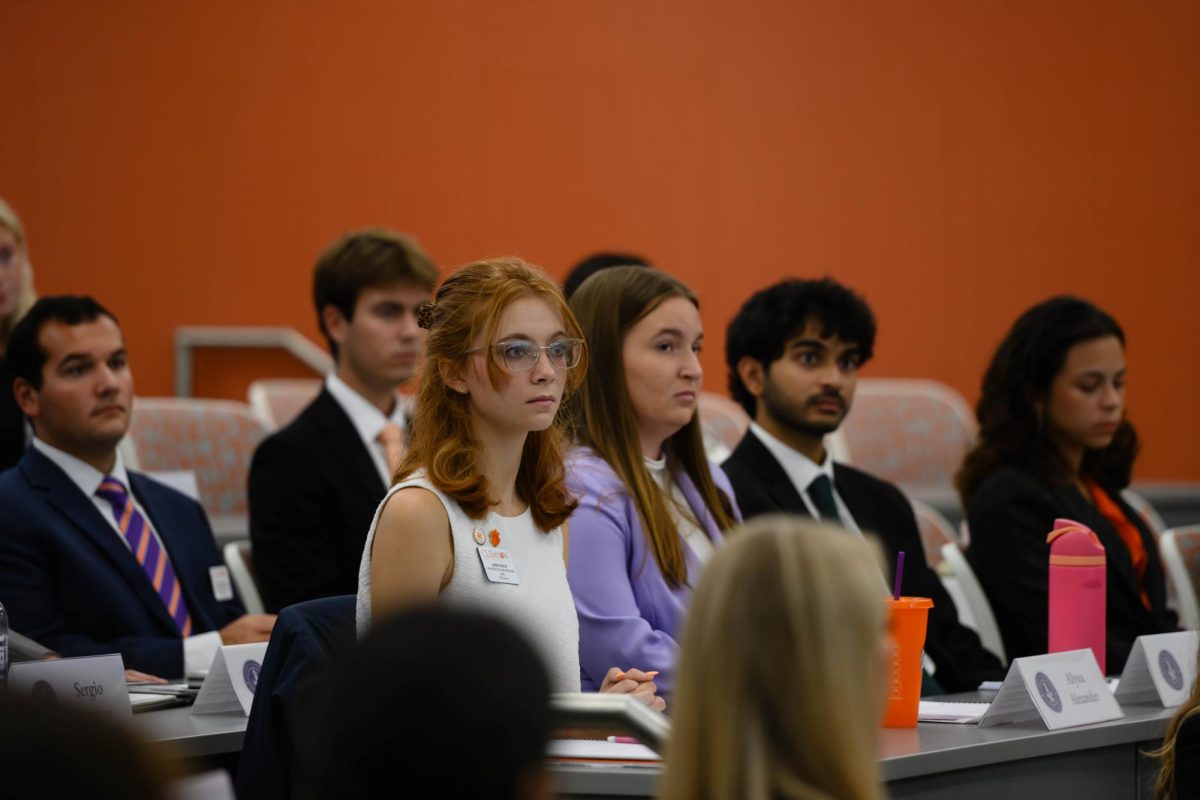Clemson students, faculty and staff are now some of the thousands of people across the world that have been affected by the novel coronavirus. According to the World Health Organization (WHO), coronaviruses are a family of viruses that are found in both animals and humans. A novel coronavirus is a new strain of the virus that hasn’t been identified before in humans. Cases were first reported in Wuhan, China in Dec. 2019. According to a WHO report released on Feb. 6, 28, 276 cases of novel coronavirus have been reported so far, with 216 cases confirmed outside of China and 565 people have been killed. The novel coronavirus has now begun to impact members of the Clemson community.
Claire Campbell is a junior Chinese and International Business major minoring in East Asian Studies and Economics. She was supposed to be studying abroad at USAC Shanghai this semester, but her time in China was cut short due to the novel coronavirus. Campbell first heard about the virus two and a half weeks after getting to Shanghai where she eventually found out that she had to evacuate on Jan. 28, after close to a month of being in Shanghai. Campbell did get a full refund of all fees plus $500 for changing the flight, but there was no refund of fees from Clemson.
When Campbell first heard about the novel coronavirus, it didn’t seem much worse than the flu. However, as the number of cases increased rapidly and deaths began to occur, Campbell realized it was a much bigger deal. As the coronavirus became a more serious issue, USAC’s gates were closed, only students and faculty were allowed in, and if people did leave campus, they had to get their temperature checked when they came back. Masks were handed out with instructions to wear them whenever students were outside. As fears continued to spread, the students were eventually quarantined to their dorm rooms and were only allowed to leave once a day for a meal, with their temperatures being checked daily. Currently, Clemson has a policy that Redfern Health Center has to clear affected students through a series of tests, but the tests have not yet been decided, so Campbell currently can’t be on campus.
Clemson has a large population of international students from Asia and Campbell states that, “Clemson students will need to practice not passing judgements on those students and assume they may have the virus. It is very important to not use this virus as a platform to increase the amount of racism and discrimination that our Asian and Asian American peers face.” Campbell further states that “Clemson students need to be aware that this virus should not be used as an excuse to distance from, discriminate against or be biased against our Asian and Asian American peers. Racism is prevalent in our society and even the CDC warns against the discrimination of people of Asian descent in the name of the coronavirus.”
On Jan. 24, Inside Clemson sent out an email to all faculty, staff and students saying that Clemson officials are closely monitoring the coronavirus and will update the university community as needed. The email stated that the university is not aware of any students, faculty or staff being diagnosed with the novel coronavirus. The email also urged awareness to ensure novel coronavirus preparedness and to prevent exposure to viruses through avoiding contact with people who are sick, covering your mouth when sneezing or coughing, regular hand washing, and cleaning and disinfecting surfaces.
On Jan. 28, Inside Clemson sent out another email stating that university officials continue to monitor the novel coronavirus outbreak in an effort to inform and protect the Clemson community. In this email, the university stated that, “Any travel to Hubei Province, China and any other region that becomes subject to a 2019-nCoV State Department level 4 travel alert or CDC level 3 travel alert, shall not take place without specific prior approval of the University Provost or Executive Vice President for Finance and Operations.”









